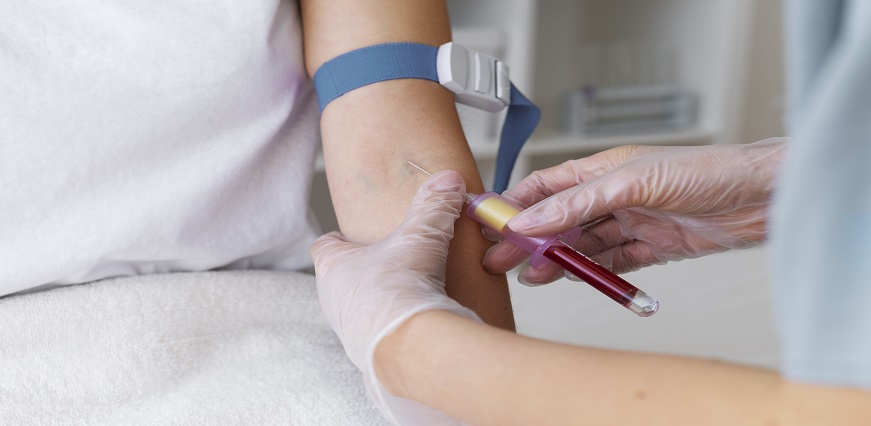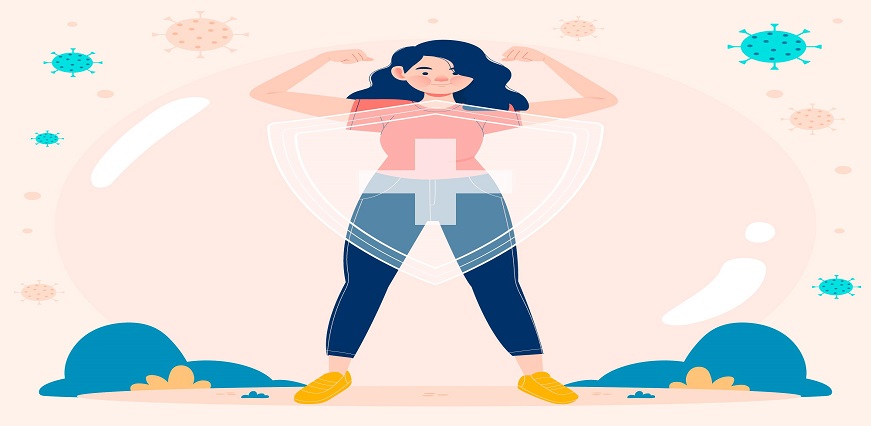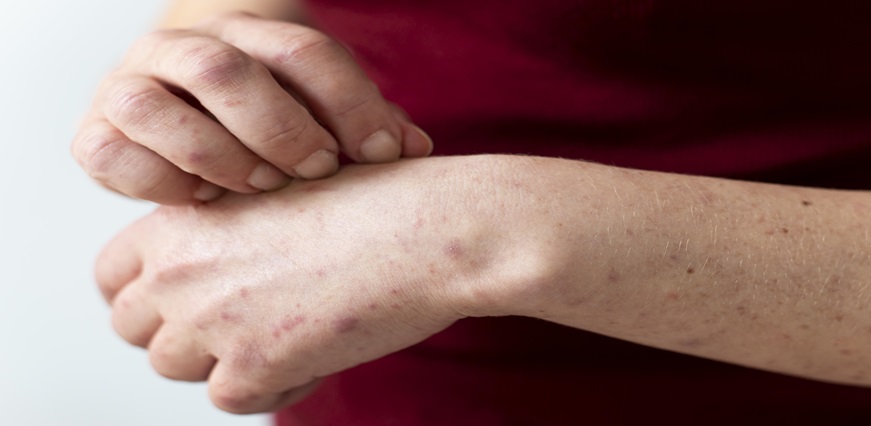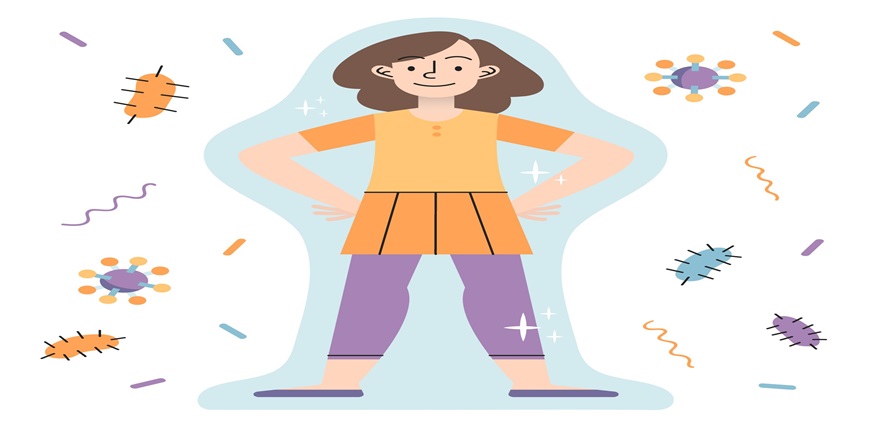

Max Lab > Lab Test in Varanasi > Lab Test in Paharia > Immunohistochemistry Panel 2
25% OFF ON ABOVE PRICE | USE CODE ML25 *
|
|
Immunohistochemistry Panel 2 |
|
|
FFPE TISSUE BLOCK |
|
|
|
|
₹ 5000 |
@3x.png) Description
Description
Immunohistochemistry (IHC) Panel 2 is a type of diagnostic test performed on biopsy tissue samples. The IHC panel test in Paharia, Varanasi involves using antibodies to detect the presence and distribution of tumour markers, which include substances like proteins or hormones that may have been produced by cancer cells.
The Immunohistochemistry (IHC) Panel 2 is a vital cancer diagnostic test that provides critical information to guide personalised treatment decisions. In general, immunohistochemistry is a technique used in pathology to visualise the presence, abundance, and localisation of specific proteins in tissue sections collected in a biopsy. By using specialised antibodies to analyse the features of a patient's tissue sample under a microscope, a pathologist can determine receptor status, protein levels, and cellular markers that reveal key details of cancer characteristics. When cancer is suspected in an individual, and the IHC test in Paharia, Varanasi reveals the presence of tumour markers specific to that particular type of cancer, it not only aids in directing treatment decisions but also enables the application of targeted therapies. However, a positive IHC test in Paharia, Varanasi in some cases might signify disease advancement or an unfavourable prognosis.
Immunohistochemistry (IHC) encompasses two primary methods: direct and indirect. Direct IHC involves directly linking the primary antibody to an enzyme or fluorescent dye, offering faster results without the use of secondary antibodies. On the other hand, indirect IHC employs a primary antibody binding to the target antigen, followed by a secondary antibody recognising and binding to the primary antibody.
....Read More@3x.png) Description
Description
Immunohistochemistry (IHC) Panel 2 is a type of diagnostic test performed on biopsy tissue samples. The IHC panel test in Paharia, Varanasi involves using antibodies to detect the presence and distribution of tumour markers, which include substances like proteins or hormones that may have been produced by cancer cells.
The Immunohistochemistry (IHC) Panel 2 is a vital cancer diagnostic test that provides critical information to guide personalised treatment decisions. In general, immunohistochemistry is a technique used in pathology to visualise the presence, abundance, and localisation of specific proteins in tissue sections collected in a biopsy. By using specialised antibodies to analyse the features of a patient's tissue sample under a microscope, a pathologist can determine receptor status, protein levels, and cellular markers that reveal key details of cancer characteristics. When cancer is suspected in an individual, and the IHC test in Paharia, Varanasi reveals the presence of tumour markers specific to that particular type of cancer, it not only aids in directing treatment decisions but also enables the application of targeted therapies. However, a positive IHC test in Paharia, Varanasi in some cases might signify disease advancement or an unfavourable prognosis.
Immunohistochemistry (IHC) encompasses two primary methods: direct and indirect. Direct IHC involves directly linking the primary antibody to an enzyme or fluorescent dye, offering faster results without the use of secondary antibodies. On the other hand, indirect IHC employs a primary antibody binding to the target antigen, followed by a secondary antibody recognising and binding to the primary antibody.
....Read More
Have you ever heard of the TLC test? The TLC test is a medical procedure that...Read More

Are you constantly feeling fatigued, catching every bug that comes your way, ...Read More

Welcome to our blog post on myositis - a condition that affects the muscles a...Read More

Psoriasis is an autoimmune skin disorder that leads to itchiness and sometime...Read More

Multiple Sclerosis (MS) is an autoimmune disorder that affec...Read More

Autoimmune diseases affect millions of people worldwide, yet many remain unaw...Read More